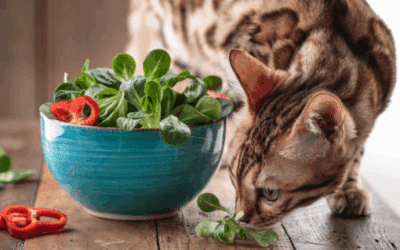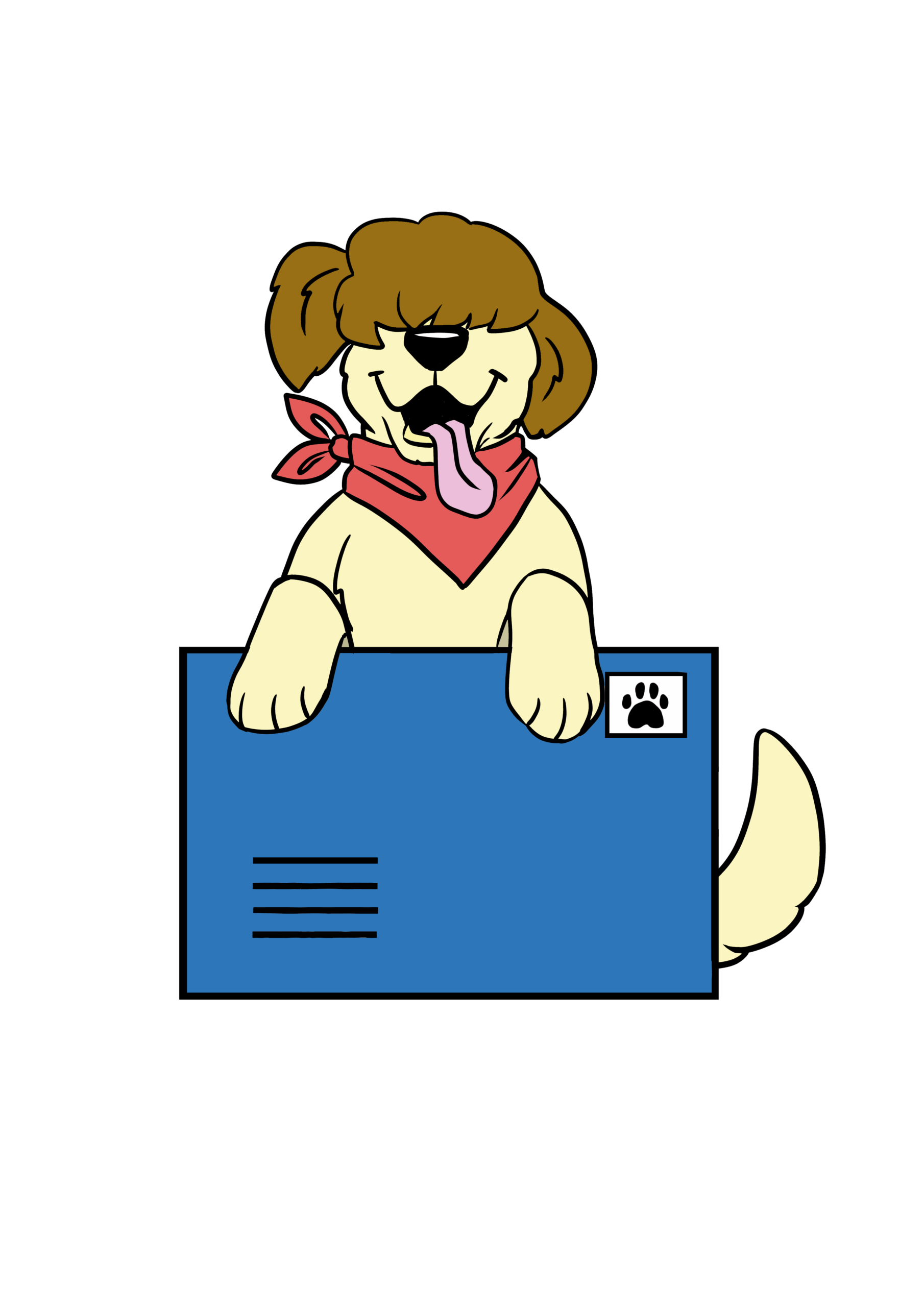News and tips from FleaMail’s founding Vet, Dr Evan Shaw.
Cat Insurance Australia | Protect Your Cat with Fleamail Plans
🐾 Cat Insurance in Australia: Why Every Cat Owner Needs It Caring for a cat means preparing for the unexpected. Imagine this: your curious cat becomes ill or injures a paw while exploring. You rush to the vet, relieved that help is available. However, your relief...
Cat Tail Signs | Understand Your Cat’s Behaviour
The Secret Language of Cat Tails Cats may not speak our language, but they communicate constantly — especially through their tails. Every flick, curl, and puff tells a story about what they’re feeling. Understanding cat tail signs isn’t just fascinating; it’s...
Cat Healthy Food | Nutrition & Protection with Fleamail Insurance
Why “Cat Healthy Food” Should Be Every Owner’s Priority Your cat may seem independent, but when it comes to nutrition, they rely on you completely. Feeding your cat the right food Your cat may seem independent, but when it comes to nutrition, they rely on you...
How to Improve Dogs Health Naturally | Protect Your Dog
A Healthy Dog Means a Happy Home Dogs bring joy, loyalty, and love into our lives because they truly are family. But as pet owners, it is important to understand how to improve dogs health. Keeping them healthy isn’t always easy. From unexpected vet visits to...
Improve Cat’s Health With Nature | Keep Your Cat Protected
How to Improve Cat Health Naturally Cats are more than just pets but they’re like friends. Whether your feline friend loves lounging by the window or exploring every corner of the house, keeping them healthy is one of your biggest responsibilities as a pet parent....
Toad Poisoning in Dogs Treatment | Protect Your Dog
Toad Poisoning in Dogs Treatment: What to Do If Your Dog Encounters a Toad Dogs are naturally curious, but in Australia, that curiosity can be life-threatening. Toad poisoning, primarily caused by the invasive Cane Toad (Rhinella marina), is one of the leading causes...
Vegetarian Cat Treats | Protect Your Cat
Why Vegetarian Treats Are Important for Your Cat’s Health When it comes to your cat’s overall health, the food you provide is a pivotal factor in their longevity. While cats are traditionally seen as hunters, many pet owners have begun exploring vegetarian cat treats...
Dog Gut Health: Improve Digestion & Immunity Naturally
A Natural Approach to Dogs Gut Health Your dog’s health starts in the gut. From digestion to immunity and even mood, the gut microbiome plays a crucial role in keeping your dog healthy and happy. If your dog has bad breath, itchy skin, loose stools, or low energy,...
Toad Poisoning in Dogs and Its Symptoms
Toad Poisoning in Dogs If you live in hot regions, your dog could be at risk of toad poisoning, which is a serious, often life-threatening emergency that strikes fast. Many pet owners don’t realize how toxic these common amphibians can be. Recognizing toad poisoning...













